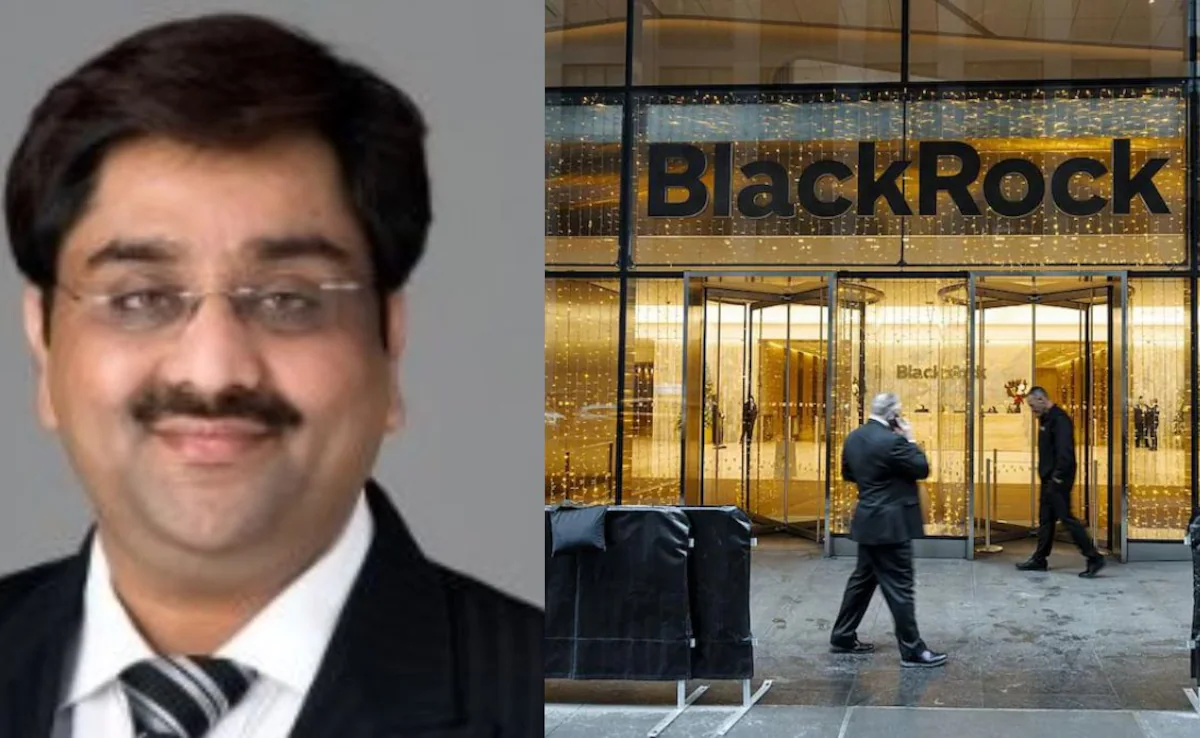Copyright breezyscroll

Indian-origin businessman Bankim Brahmbhatt, founder of telecom companies Broadband Telecom and Bridgevoice, is accused of fabricating receivables and using them as collateral to secure more than $500 million in loans from major investors, including BlackRock’s private-credit arm. Lenders allege Brahmbhatt ran a years-long scheme involving forged contracts, fake invoices, and offshore asset transfers before filing for bankruptcy in August. What Is the Alleged Fraud Involving Bankim Brahmbhatt? According to The Wall Street Journal, Brahmbhatt is at the center of a sprawling alleged fraud that lenders have described as “breathtaking.” His companies—Broadband Telecom and Bridgevoice—secured massive loans by pledging fabricated accounts receivable, or money supposedly owed by customers. Lenders, including HPS Investment Partners (recently acquired by BlackRock), say Brahmbhatt built a network of financing vehicles, such as Carriox Capital and BB Capital SPV, to funnel funds under the guise of legitimate business operations. In total, more than $500 million in loans are now in question, leaving some of Wall Street’s largest private-credit players scrambling to recover their losses. Who Is Bankim Brahmbhatt? Public information about Bankim Brahmbhatt is scarce. His LinkedIn profile has been deleted, and his corporate presence in the United States has largely vanished. He was identified as the President and CEO of Bankai Group, a global telecom and fintech company that claims to provide infrastructure and interconnectivity solutions for carriers and enterprises. Bankai Group, headquartered in New York with offices in India and Africa, has previously showcased partnerships across the global telecom industry. But when WSJ reporters visited its Garden City, New York, offices in July, the premises were locked and deserted. How Did the Alleged Scheme Work? Investigators working for the lenders claim Brahmbhatt fabricated invoices, fake customer emails, and forged telecom contracts dating back to 2018. These documents were allegedly used to misrepresent the company’s financial health and justify new loans or credit lines. According to court filings cited by The Wall Street Journal, Brahmbhatt also moved pledged assets offshore—including to India and Mauritius—making it harder for creditors to trace or seize them. In a letter quoted by the paper, attorneys for the lenders wrote: “Brahmbhatt created an elaborate balance sheet of assets that existed only on paper.” Brahmbhatt’s lawyer, however, has denied all allegations of fraud, calling them “unsubstantiated and speculative. Fallout: Bankruptcies and Legal Proceedings In August 2025, Brahmbhatt’s companies Broadband Telecom and Bridgevoice filed for Chapter 11 bankruptcy protection, followed closely by related entities Carriox Capital II and BB Capital SPV. On August 12, the same day his companies filed, Brahmbhatt personally declared bankruptcy—a move that further complicated recovery efforts by creditors. People familiar with the case told WSJ that lenders believe he is currently in India, though his exact whereabouts remain unconfirmed. The lenders are now pursuing claims in multiple jurisdictions, and French multinational bank BNP Paribas, which financed part of the loans, has declined to comment. Why the Case Matters The alleged fraud highlights major vulnerabilities in private-credit markets, which have grown rapidly as an alternative to traditional bank lending. Unlike public debt markets, private loans often lack transparency and rigorous oversight, creating opportunities for sophisticated financial deception. If confirmed, this case could become one of the largest private-credit frauds in recent years, underscoring the risks investors face when lending against complex or unverifiable assets. Financial experts note that the scandal may prompt tighter due diligence and regulatory scrutiny in the $1.7 trillion private-credit industry—a sector increasingly attractive to large asset managers like BlackRock The Global Telecom Angle Brahmbhatt’s companies operated in a niche but lucrative area of telecom—wholesale voice and data routing. The business involves moving international traffic between carriers and billing partners based on contractual minutes of use. Because these transactions often involve large invoices and cross-border clients, the sector is particularly vulnerable to accounting manipulation, experts say. What Happens Next? Lenders are reportedly seeking to trace and recover assets allegedly moved offshore. U.S. and international investigators may also coordinate efforts under cross-border insolvency frameworks, such as the UNCITRAL Model Law, to track the flow of funds. While Brahmbhatt’s lawyer continues to deny wrongdoing, bankruptcy filings indicate that his companies’ liabilities vastly exceed their assets. If proven, the case could lead to civil lawsuits, asset seizures, or potential criminal charges. Broader Implications The alleged Brahmbhatt scheme serves as a wake-up call for the global lending ecosystem—particularly for private-credit investors chasing high yields in opaque markets. It also raises uncomfortable questions for institutions like BlackRock, which recently absorbed HPS Investment Partners, the lead investor in the Brahmbhatt loans. The outcome of this case could influence how asset managers vet borrowers in emerging-market-linked deals.



